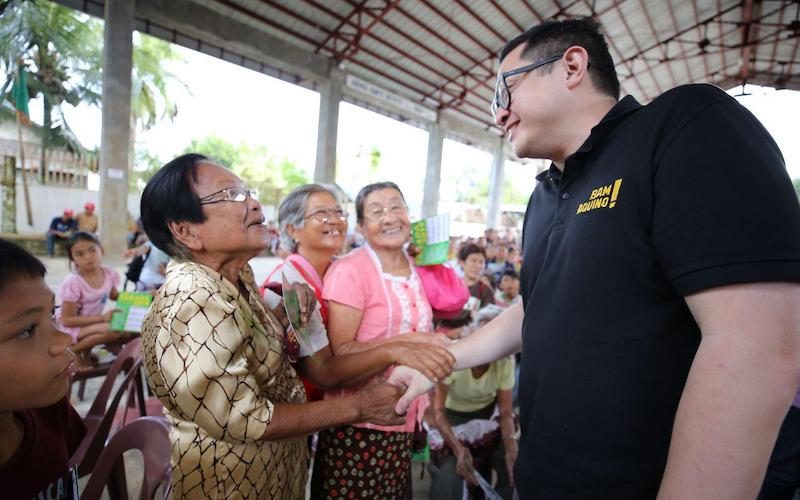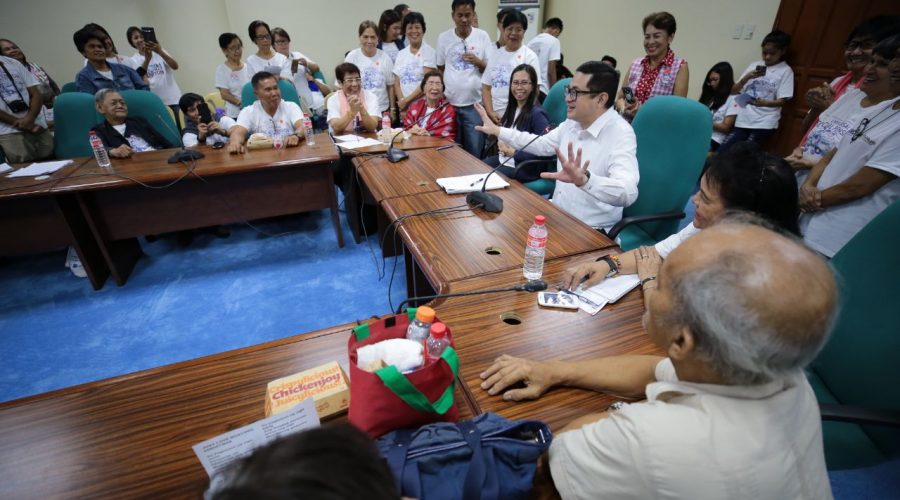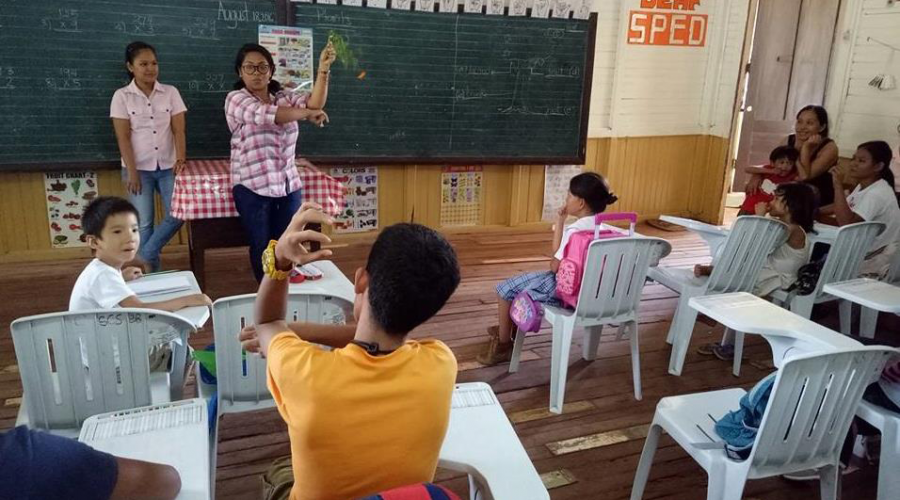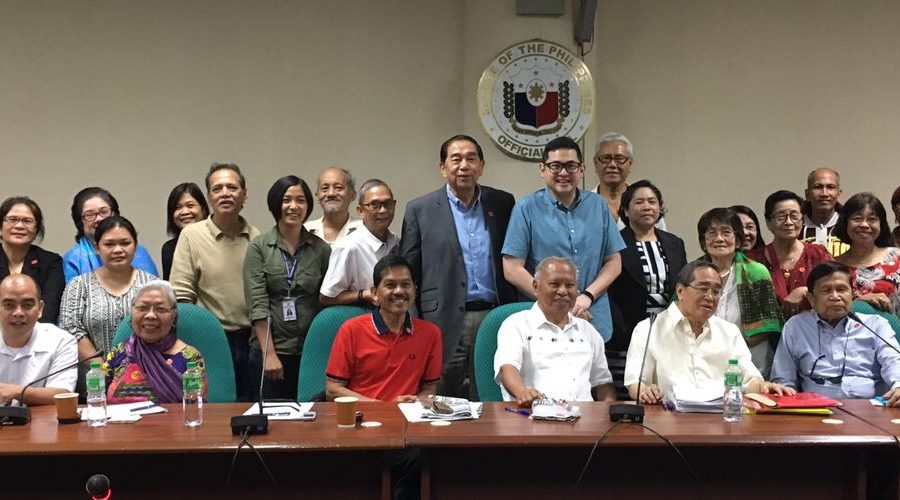Sen. Bam seeks additional P1,000 social pension for senior citizens
A senator wants to increase the social pension of senior citizens as gratitude to their valued contribution to the development of the country and to provide them with additional income to help them deal with the prevailing high prices of goods.
In his Senate Bill No. 2142, Sen. Bam Aquino seeks to mandate the government to give a social pension of P1,000 to all senior citizens who do not have social pension or to those receiving a pension not exceeding P3,000.
“Kailangang-kailangan ng ating senior citizens ang dagdag na pensiyon para makatugon sa kanilang araw-araw na pangangailangan at makatulong sa gastusin ng kanilang pamilya. Mahalaga ito lalo na’t mataas ang presyo ng bilihin,” said Sen. Bam.
“Napakalaki ng kontribusyon ng ating senior citizen sa pagpapaunlad ng bansa. Panahon na para bigyan natin sila ng karampatang kalinga at pag-aala bilang pagkilala sa kanilang sakripisyo para sa bansa,” said Sen. Bam.
According to Sen. Bam, a study conducted by the Coalition of Services of the Elderly (COSE) indicated that social pension contributed on average almost a third of household income.
However, Sen. Bam said that the same study showed that only 32 percent of eight million senior citizens in the country receive social pension of P500 a month, while 38 percent do not receive any pension at all.
When it comes to the 1.5 million Social Security System (SSS) pensioners, less than half receives not more than P3,400 per month.
“With no or inadequate pension for many Filipino senior citizens, they are forced to rely on the modest incomes of their families who are also struggling to make a living,” said Sen. Bam.
“Giving them social pension will greatly help to address their daily needs, and provide some relief to their households,” the senator added.
Aside from additional social pension for senior citizens, Sen.Bam is also working for the creation of a National Commission for Senior Citizens (NCSC) through his Senate Bill No. 674.
The bill seeks to amend Section 11 of Republic Act 7432 or the Expanded Senior Citizen Act of 2010, abolishing the National Coordinating and Monitoring Board and replacing it with NCSC.
The council will be spearheaded by a chairperson and commissioners from a list submitted by senior citizens organizations and associations.





Recent Comments